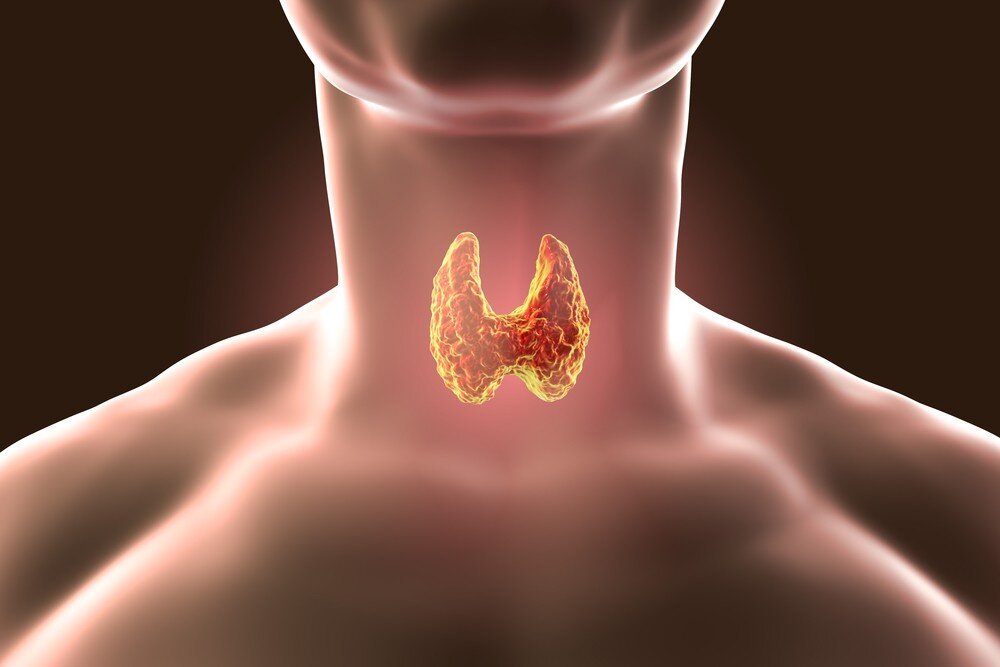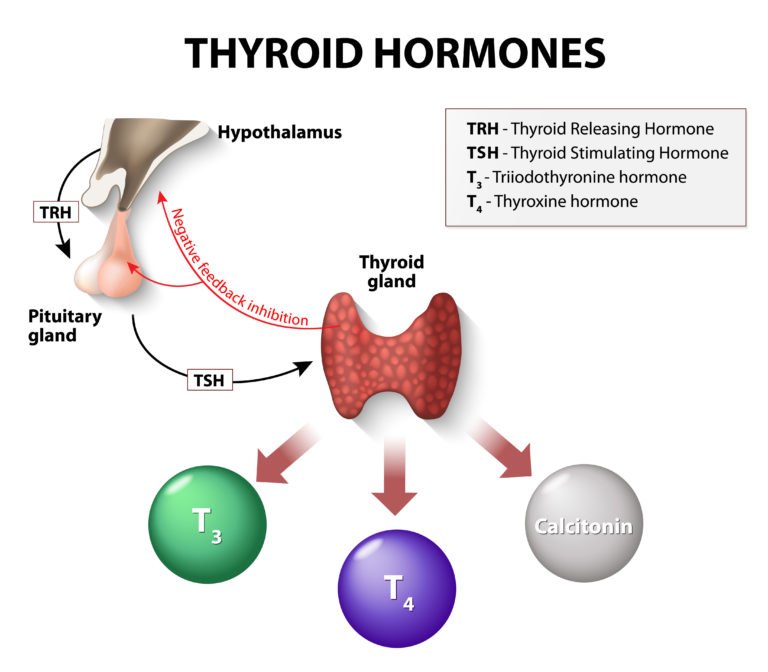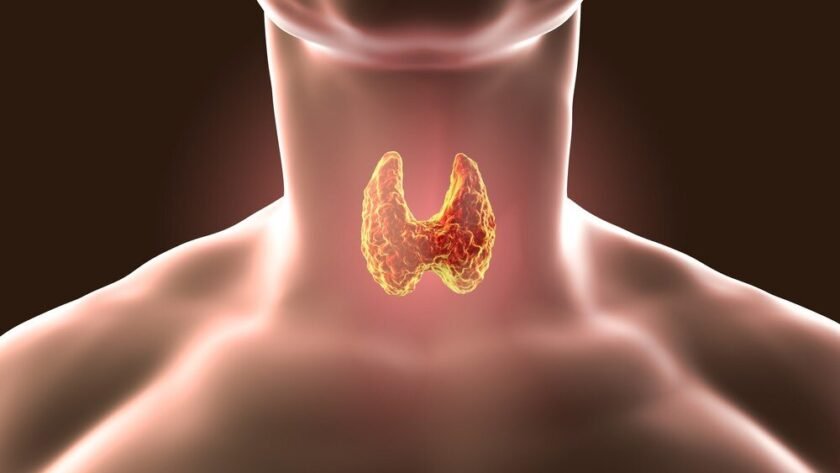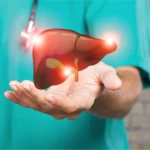Table of Contents
Did you know that zinc deficiency could be a missing piece in the puzzle of subclinical hypothyroidism? Let’s explore the fascinating connection between subclinical hypothyroidism and zinc and discover how this essential mineral impacts your thyroid health.
Brief The Article:
What is Subclinical Hypothyroidism?
- Subclinical hypothyroidism is a mild form of hypothyroidism that can be easily missed if not properly investigated.
The Role of Trace Minerals in Thyroid Health:
- Several trace minerals are crucial for thyroid function, including:
- Iodine: Essential for thyroid hormone production.
- Selenium: Necessary for converting T4 (inactive thyroid hormone) to T3 (active thyroid hormone).
- Copper: Involved in thyroid hormone synthesis.
The Importance of Zinc in Thyroid Function:
- Zinc plays a vital role in:
- Converting T4 to T3.
- Synthesizing T4 and T3.
- Producing thyroid-stimulating hormone (TSH), which signals the thyroid gland to produce hormones.
Consequences of Zinc Deficiency on Thyroid Health:
- Impaired thyroid hormone production and conversion: Without enough zinc, the body cannot efficiently produce or convert thyroid hormones, potentially leading to hypothyroidism symptoms.
- Hair loss (alopecia): Zinc deficiency can contribute to hair loss, even with thyroid hormone medication.
The Impact of Hypothyroidism on Zinc Absorption:
- Hypothyroidism can impair zinc absorption, creating a vicious cycle that can exacerbate zinc deficiency and worsen thyroid symptoms.
Addressing Zinc Deficiency in Subclinical Hypothyroidism:
- If you experience thyroid symptoms, consider increasing your zinc intake through:
- Consuming shellfish, a good source of zinc.
- Seeking professional help from a healthcare provider.
- Taking zinc supplements.
Key Takeaway:
Zinc is a crucial, yet often overlooked, nutrient for thyroid health. Addressing zinc deficiency can be an important factor in managing subclinical hypothyroidism and improving overall well-being.
So let’s dive into the details…
Subclinical Hypothyroidism and Zinc: The Missing Link in Thyroid Health
Subclinical Hypothyroidism

Today we’re going to talk about a really important missing factor in subclinical hypothyroidism and that is zinc deficiency. The connection between subclinical hypothyroidism and zinc is often overlooked.
What is a subclinical hypothyroidism? You’re not looking deeper you can completely miss this condition.
Key Point: Subclinical hypothyroidism can be easily overlooked without thorough examination.
Essential Trace Minerals for Thyroid Function
Now there are several really important trace minerals involved in thyroid function:
- Iodine in making the thyroid
- Selenium in converting T4 to T3
- Copper is involved in the creation of the thyroid hormone
The Crucial Role of Zinc in Thyroid Health

But another one that’s not emphasized is zinc. Zinc is not only involved in the conversion from T4 to T3 but it’s also involved in the synthesis of T4 T3 as well as the thyroid stimulating hormone, the hormone that comes from the pituitary down to the thyroid itself. Without enough zinc, you cannot convert these hormones and you can’t make thyroid hormones.
Zinc’s importance in thyroid function:
- Involved in T4 to T3 conversion
- Essential for T4 and T3 synthesis
- Necessary for thyroid stimulating hormone production
Subclinical Hypothyroidism and Zinc Deficiency Related Symptoms
Now this really is important if you’re getting hair loss, alopecia things like that. If you don’t get enough zinc in your diet, you can take all of these take thyroid hormones but you may not get your hair back. So zinc is very, very important.
The Vicious Cycle: Slow Thyroid and Zinc Absorption
The other problem is once you have a hypothyroid condition you’re gonna have a hard time absorbing zinc. So the fact that you have a slow thyroid causes more of a zinc deficiency.
Understanding the relationship between subclinical hypothyroidism and zinc is crucial for managing this condition
Important Note: Hypothyroidism can lead to reduced zinc absorption, potentially worsening zinc deficiency.
Addressing Zinc Deficiency in Subclinical Hypothyroidism

To make this simple, if you have any thyroid symptoms don’t forget about zinc. One way to get your zinc is to consume more shellfish, that would be a good thing. Seek help or just take it as a supplement.
The Wide-Ranging Benefits of Zinc
Lastly, I believe zinc is probably one of the most important trace minerals of all the trace minerals. It does so many different things in addition to helping your thyroid. So if you’re not familiar with that, go and check out this topic on this page talking about this amazing trace mineral zinc.
Zinc’s importance beyond thyroid health:
- Essential for numerous bodily functions
- Plays a crucial role in overall health
Summary
Subclinical hypothyroidism is a situation where you have a slow thyroid, but the blood values are still normal. If you’re looking at blood tests alone, you can completely miss this condition.
There are several important trace minerals involved in thyroid function, such as:
• Iodine
• Selenium
• Copper
• Zinc
- Zinc is not emphasized enough. Zinc is not only involved in the conversion from T4 to T3 but, it’s also involved in the synthesis of T4 and T3, as well as the thyroid-stimulating hormone. Without enough zinc, you can’t convert these hormones, and you can’t make thyroid hormones.
- Once you have a hypothyroid condition, you’re going to have a hard time absorbing zinc. Having a slow thyroid may actually cause a zinc deficiency.
- If you have any thyroid symptoms, don’t forget about zinc. One great way to get more zinc is to consume more shellfish, sea kelp, or take a supplement.
Additional-resources
FAQ
Does hypothyroidism cause zinc deficiency?
Yes, hypothyroidism can lead to zinc deficiency. The relationship between hypothyroidism and zinc is bidirectional:
- Hypothyroidism can impair zinc absorption in the gut, potentially leading to deficiency.
- Conversely, zinc deficiency can contribute to thyroid dysfunction.
This creates a potential cycle where thyroid issues and zinc deficiency can exacerbate each other. Proper management of thyroid function and ensuring adequate zinc intake are both important for overall thyroid health.
What deficiency causes subclinical hypothyroidism?
Subclinical hypothyroidism can be associated with various nutrient deficiencies, including:
- Iodine: Essential for thyroid hormone production
- Selenium: Important for thyroid hormone metabolism
- Zinc: Crucial for thyroid hormone synthesis and conversion
- Iron: Necessary for thyroid hormone synthesis
- Vitamin D: Plays a role in thyroid function
While deficiencies in these nutrients can contribute to thyroid dysfunction, it’s important to note that subclinical hypothyroidism can have multiple causes, including autoimmune conditions like Hashimoto’s thyroiditis.
What is the role of zinc in thyroid hormone?
Zinc plays several crucial roles in thyroid hormone function:
- Thyroid Hormone Synthesis: Zinc is required for the production of thyroid hormones T3 and T4.
- T4 to T3 Conversion: Zinc is involved in the conversion of the less active T4 to the more active T3 hormone.
- Thyroid-Stimulating Hormone (TSH) Production: Zinc is necessary for the synthesis of TSH in the pituitary gland.
- Thyroid Hormone Receptor Function: Zinc influences the activity of thyroid hormone receptors.
- Antioxidant Protection: Zinc helps protect the thyroid gland from oxidative stress.
Adequate zinc levels are therefore essential for optimal thyroid function and overall thyroid health.
Can you take zinc tablets with underactive thyroid?
Yes, in most cases, you can take zinc supplements if you have an underactive thyroid (hypothyroidism). However, there are some important considerations:
- Consult your healthcare provider before starting any new supplement regimen.
- Zinc can interact with certain thyroid medications, so timing is important. Generally, it’s recommended to take zinc supplements at least 2 hours apart from thyroid medication.
- The recommended daily allowance for zinc is 8-11 mg for adults, but your doctor may suggest a different dosage based on your specific needs.
- Excessive zinc intake can interfere with copper absorption, so balance is key.
Zinc supplementation may be beneficial for thyroid function, but it should be done under medical supervision, especially if you’re already being treated for hypothyroidism.
Can zinc deficiency cause hypothyroidism?
Yes, zinc deficiency can contribute to hypothyroidism. Here’s how:
- Zinc is crucial for thyroid hormone synthesis and metabolism.
- Zinc deficiency can impair the conversion of T4 to the more active T3 hormone.
- It may lead to reduced thyroid hormone levels and increased TSH levels.
- Zinc is important for the function of thyroid hormone receptors.
While zinc deficiency alone may not always directly cause hypothyroidism, it can certainly contribute to thyroid dysfunction and exacerbate existing thyroid issues. Ensuring adequate zinc intake through diet or supplementation (under medical guidance) can support optimal thyroid function.
Thyroid boosters
Thyroid boosters are supplements or lifestyle changes that may support thyroid function. Some common thyroid boosters include:
- Iodine: Essential for thyroid hormone production
- Selenium: Supports thyroid hormone metabolism
- Zinc: Crucial for thyroid hormone synthesis and conversion
- Vitamin D: Important for overall thyroid health
- B-complex vitamins: Support energy metabolism
- Ashwagandha: An adaptogenic herb that may support thyroid function
- Regular exercise: Can improve thyroid function and metabolism
- Stress reduction techniques: Chronic stress can negatively impact thyroid health
It’s important to note that while these may support thyroid health, they are not substitutes for medical treatment of thyroid disorders. Always consult with a healthcare provider before using any thyroid boosters.
Is it safe to take thyroid supplements?
The safety of thyroid supplements depends on various factors:
- Individual health status and existing thyroid function
- The specific ingredients in the supplement
- Potential interactions with medications or other supplements
- Quality and regulation of the supplement
While some thyroid supplements containing nutrients like iodine, selenium, and zinc can be beneficial, others claiming to contain thyroid hormones can be dangerous if used without proper medical supervision. It’s crucial to:
- Consult with a healthcare provider before taking any thyroid supplement
- Choose reputable brands with third-party testing
- Be aware of potential side effects and interactions
- Not use supplements as a replacement for prescribed thyroid medication
Remember, thyroid health is complex, and self-supplementation without proper guidance can lead to imbalances and health risks.
Why is selenium good for thyroid?
Selenium is beneficial for thyroid health in several ways:
- T4 to T3 Conversion: Selenium is a key component of enzymes (deiodinases) that convert T4 to the more active T3 hormone.
- Antioxidant Protection: It forms selenoproteins that act as powerful antioxidants, protecting the thyroid gland from oxidative stress and inflammation.
- Immune Regulation: Selenium may help in reducing thyroid autoantibodies, potentially beneficial in autoimmune thyroid conditions like Hashimoto’s thyroiditis.
- Thyroid Hormone Synthesis: It plays a role in the synthesis and metabolism of thyroid hormones.
- Iodine Utilization: Selenium supports the body’s ability to utilize iodine effectively for thyroid hormone production.
The recommended daily intake of selenium for adults is typically around 55 mcg. However, it’s important not to over-supplement, as excessive selenium can be harmful. Always consult with a healthcare provider for personalized advice on selenium supplementation.
T3 T4 supplement
T3 and T4 supplements are synthetic thyroid hormones used to treat hypothyroidism:
- T4 (Levothyroxine): The most commonly prescribed thyroid hormone replacement. It’s converted to T3 in the body.
- T3 (Liothyronine): Less commonly used, it’s the active form of thyroid hormone.
- Combination T4/T3: Some patients may benefit from a combination of both hormones.
Important considerations:
- These are prescription medications and should only be taken under medical supervision.
- Dosage is highly individualized and requires careful monitoring.
- Regular blood tests are necessary to ensure proper hormone levels.
- Over-the-counter supplements claiming to contain T3 or T4 can be dangerous and should be avoided.
The goal of T3/T4 supplementation is to restore thyroid hormone levels to a normal range, alleviating symptoms of hypothyroidism and supporting overall health. Always follow your healthcare provider’s guidance regarding thyroid hormone supplementation.




